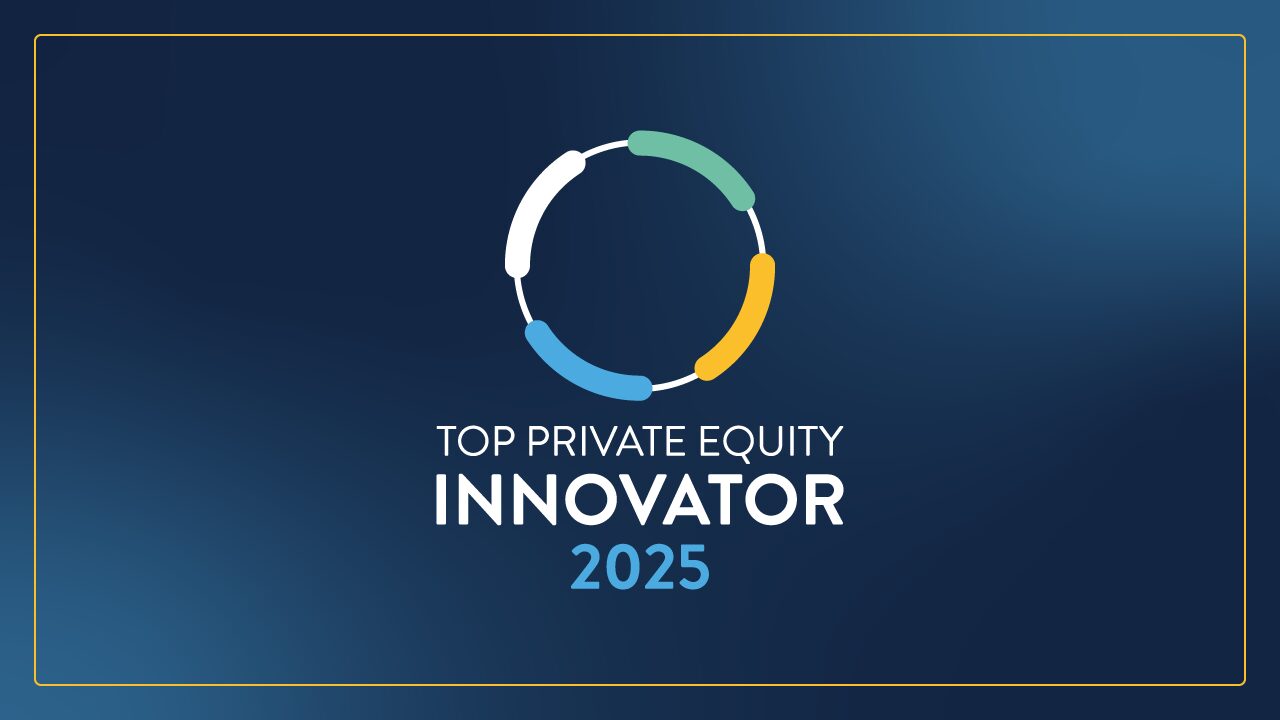When people think of the private equity (PE) industry, they often picture big Wall Street firms launching headline-grabbing takeovers of multi-billion-dollar companies. But this is a caricatured version of what PE firms actually do: forge long-term relationships with companies of all sizes across industries to help them scale and build value sustainably. In fact, according to the American Investment Council (AIC) more than 30,000 American companies (which employ 8.8 million workers and account for 5 percent of total U.S. GDP) have received PE investments, and these investments are a major engine of economic growth. Companies such as ServePro, RV Share, and EllieMae have all been turned around by private equity and are prime examples of PE’s power.
PE-backed companies don’t just benefit from the capital provided by the firms – they’re also more resilient than their peers amid economic contractions like the one we face today. This is because PE funds not only have strong relationships with financial institutions, but also bring operational expertise, unique access to market data, and deep knowhow supporting companies throughout economic cycles. The resilience of PE-backed companies also makes them robust investment vehicles, which is why the private equity industry is a top-performing asset class in the United States.
PE firms take the long view on companies in their portfolio, which makes them steady partners in times of crisis – as well as models for other companies that are doing their best to navigate COVID-19 and the economic fallout it has caused. Knowing the industry is a force for economic growth and stability, we should take a closer look at how it functions and what its nuances can teach companies of all types.
The value of long-term relationships
One common misconception about the PE industry is the idea that firms have strictly transactional relationships with their portfolio companies. In fact, PE firms typically develop long-term partnerships with their portcos—the average holding period in the industry was more than five years between 2012 and 2018.
Drew Maloney is the President and CEO of the AIC – an advocacy organization which provides information about the private investment industry and its effects on the U.S. economy – and he explains that PE investors “provide capital, operational expertise, and access to wider networks and supply chains, which helps businesses grow or restructure.” While most people associate PE funds with financial investments, beyond providing access to capital, funds draw upon rich data (market studies, voice of the customer surveys, data analytics) to understand the trajectory of industries and quickly make objective, evidence-based decisions to support long-term growth.
As Maloney puts it, PE firms are in the business of providing “long-term, patient capital.” However, any long-term business and investment plan has to acknowledge that circumstances can change rapidly. Maloney observes that PE-backed companies are “nimble, agile, and can move faster” than their peers, giving them a significant advantage when economic conditions change drastically and without warning.
How the PE industry is handling COVID-19
Earlier this year, BluWave released data which demonstrated that private equity funds have been proactively investing in their portfolio companies during COVID – not trying to cut expenses by slashing jobs and downsizing in other ways. This reflects my experience during past recessions – because funds have the long-term horizon in mind, they use their access to capital, technology, and specialized expertise to position their companies to thrive during periods of crisis while others go into defensive mode.
Scott Plumridge is a Managing Partner at the Halifax Group, and he points out that PE firms provide “emotional, technical, tactical, and financial support to keep businesses on track” amid COVID-19. Plumridge believes the “pandemic is a great time to highlight the value of a functioning PE relationship for a lot of small to medium-sized businesses.” He says his firm has been providing critical information on best practices, forecasts and cash flow, contingency plans, and a wide range of other issues.
According to Plumridge, the “hardest discipline” PE firms offer in the middle of a situation like COVID-19 is urging portcos to remain focused on a growth plan. As other companies have been pulling back, Plumridge points out that “We had multiple companies that launched new services or completed acquisitions.” Maloney echoes this point, explaining that companies need to be “thinking 10 years out and making decisions over the long term,” even during a period of economic uncertainty.
Nothing is more important than human capital
Maloney outlines why PE has a solid record of helping companies through recessions: “During contractions, we have more flexible capital, which is one of the reasons PE had returns well above 10 percent during the last recession and are better positioned to ride out a downturn.” The data agree with him – an analysis of how PE-backed companies performed during the Great Recession found that they weathered the downturn better and recovered more quickly than their non-PE-backed peers.
One reason for the higher performance of PE-backed companies is their access to financial capital. However, PE firms don’t just provide dollars. Maloney emphasizes that PE-backed companies benefit from the “wide networks and operational expertise” PE managers offer their portfolio companies. Plumridge makes a similar point: “Don’t try to do it by yourself. Seek out experts and build a team of diverse people and backgrounds. Get yourself a good set of advisors who will hold you accountable and who have a stake in your success.”
Relationships like these are particularly important right now, as companies are confronted with one the worst economic downturns in living memory. The principles that make PE firms successful in recessions – staying calm, taking the long view, making data-driven decisions, accessing specialized advice and expertise, and searching for and quickly acting on informed growth opportunities – can guide all companies, whether they’re PE-backed or not.


